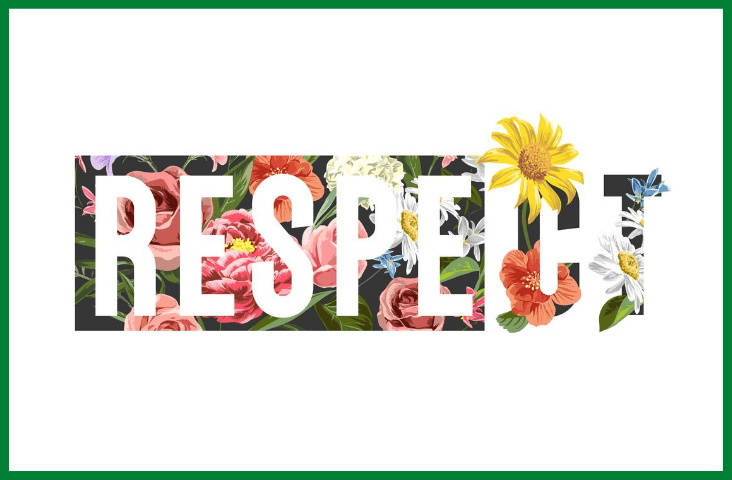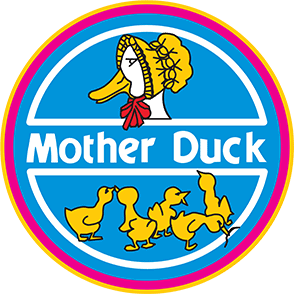
What my five year old taught me about respect
My five year old daughter who is in Prep approached me in a fluster on Monday afternoon.
“Mummy”, she said, “I just don’t get it.”
“Get what honey?”, I replied (instantly intrigued).
“Adults are always telling us kids to show them respect. But the problem is they don’t show us kids respect. I don’t get it!”
I paused for a moment, not quite sure how to respond in the best way.
“Can you give me an example of when you think an adult hasn’t shown you respect?”
“Well”, she replied, “Like when adults tell us kids not to cry. That’s not respectful. They can’t tell us how we should feel and sometimes us kids can’t help if we cry. It makes us feel silly when adults say stuff like that. Like they don’t care”.
The conversation went on for about another minute. After it had finished, my daughter skipped off to play, but, as the true analytical thinker that I am, I sat there going over and over my daughter’s words in my mind.

Have you ever had a conversation with a young child where they say something so incredibly profound it leaves you shocked, amazed and perplexed all at the same time? In that very short conversation with my five year old, I realised that she had hit the nail on the head. The very foundation of true respect is a feeling of safety and security that comes from an experience of being seen, understood and embraced by another. To truly respect someone else, one must know and first experience their own value as a person – to feel safe enough in themselves to be able to value another.
After I mulled over this whole idea of “respect”, I then reflected further… How often do we as adults, carers, teachers, educators and professionals contradict (through our words and actions), the very thing we are expecting of children? I know I do (most likely every single day!)
I might not ask my children “not to cry” (that is personally something I am very sensitive to!). But, I certainly continue to look at my phone at times when my own children are talking to me but then when they don’t give me their full attention I catch myself “lecturing them on respect” (whoops!). Or, I speak in a short and sharp tone when I’m asking them to speak kindly to me or their sibling (great role modeling- right?).
Now, this isn’t about parent shaming or guilt tripping because we are ALL human and that means we ALL make mistakes. This also isn’t about letting children do “whatever they want” or being permissive in how we parent.
What this is about however, is this:
As much as we might focus on the growth and development of our children, we must also focus and prioritize the growth and development of ourselves. The greatest influence we will ever have in the lives of our children isn’t what we say (“you need to show respect to others” or “kindness is important”), it is how we live our lives.
So, back onto this idea of “respect”. Respect is a word that is often used in families and in education settings because we know that respect is a key ingredient to living in healthy community with others. After listening to my daughter however, I couldn’t help but think that respect is much like trust- it cannot be demanded or coerced or just “expected” of children if it is to be a value that they genuinely embrace. True respect (like trust) can only ever be earned and developed, and this happens when a person knows they are safe, secure and valued by another. Respect is also a lot like kindness. When it is genuinely demonstrated and experienced, it takes root and begins to bloom in the person who has experienced it… and it continues to flourish!
Because of my fiery five year old, I’m a little more aware of my actions as a parent and an educator. My daughter has taught me (one lesson among many!) that the best way to support children to be respectful of others, is to ensure they experience what it is to feel genuinely respected. This experience of being respected comes when as the adult, I truly value and embrace who they are and know that as much as they are learning, so am I.
Heidi Denner is a wife, mum, and educator who is continually inspired by all she learns from the children she works with daily, (and in particular her own three children). As a mother to an autistic child, Heidi is an advocate for children’s needs, but also understands the significance of family mental health and wellbeing and how this is critical to a child’s overall development. As an avid reader and life-long learner regarding all things “neuroscience”, Heidi loves sharing current research regarding brain development so that families can understand how to best support their child’s needs and their own personal mental health and wellbeing.


